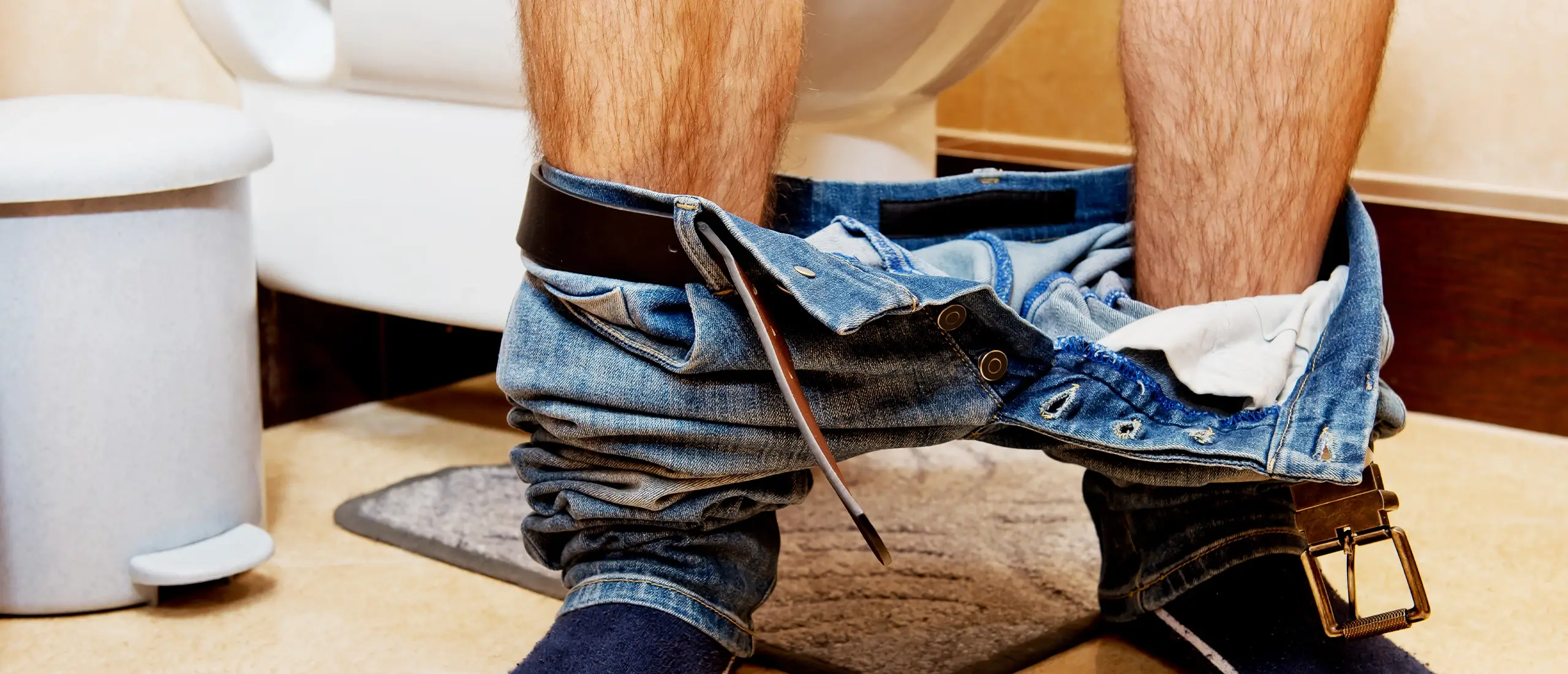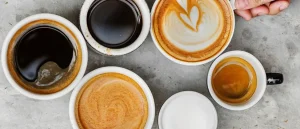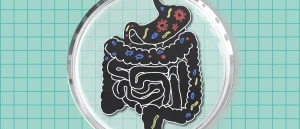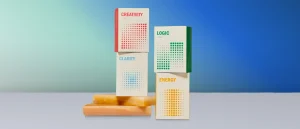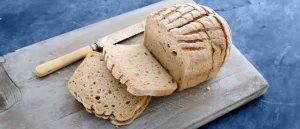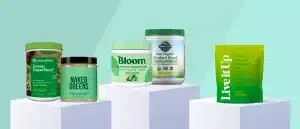Scientists Propose a New Way to Improve Healthy Aging: Bank Your Poop
There are many ways to improve your health as you age right now (i.e. regular exercise and proper sleep), but new research suggests that in the future you might want to add banking your poop to that list. Stay with us.
Stool samples that are collected and frozen when you are young and healthy could potentially be used to replace gut bacteria damaged by disease, antibiotic use, or aging when you’re older, according to a new opinion paper published in the journal Trends in Molecular Medicine.
Researchers from Harvard Medical School say the process—called autologous fecal microbiota transplantation (FMT)—could help people fight off age-related diseases like diabetes and gastrointestinal diseases.
How Fecal Transplants Work
Heterologous fecal transplants (where someone else’s poop is given to a sick person) are already a go-to treatment for Clostridium difficile (C. diff) infections. Giving C.diff-infected patients stool from a healthy donor resets the gut in a way that prevents C. diff bacteria from returning, according to Johns Hopkins scientists. C. diff is estimated to cause almost half a million infections a year and can be especially serious in those 65 and older, according to the CDC.
“We expect that autologous FMT (with stool samples collected from the host at a younger and healthier age) may be a more powerful therapeutic approach to promote healthy aging of the host than heterologous FMT (with stool samples collected from an unrelated young and healthy donor),” says Yang-Yu Liu, Ph.D., associate professor at Harvard Medical School and senior opinion author.
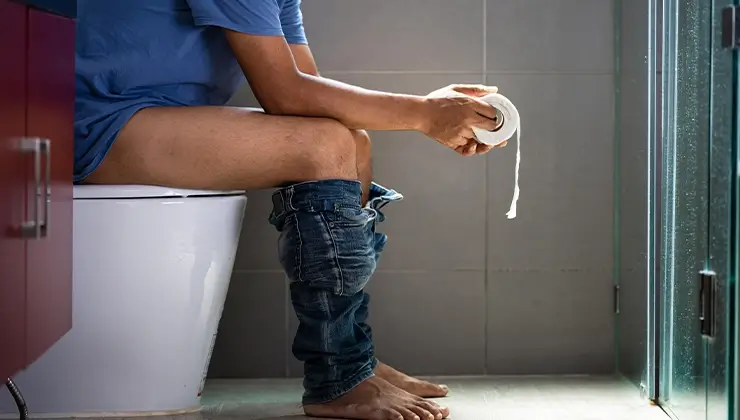
What Are the Hurdles to Poop Banking?
While saving your stool isn’t the most appealing dinner conversation, researchers see a world where everyone benefits from analogous FMT. But they need to overcome a few hurdles.
First, researchers need to address if young fecal samples could negatively affect your older self. There could be pathogens your younger self could ward off that would devastate your older self, Liu noted.
Problem number two: Making poopsicles isn’t easy. Fecal samples need to be kept at around a frosty -137 degrees Celsius (-214 degrees Fahrenheit), according to Liu. Stool banks would need to be capable of keeping a lot of samples this cold before poop-banking could go mainstream.
Storing poop would also be expensive, says Liu. Not everyone would be able to afford it.
There’s also a question of whether introducing youthful poop to an aging gut microbiome would really help turn back the clock. “When you transplant gut bacteria from a younger version of yourself to an older version of yourself, do the bacteria make you younger, or do the bacteria themselves become older to fit in with your existing microbiome?” said Sahil Khanna, M.B.B.S, M.S., a gastroenterologist with the Mayo Clinic in Rochester, Minn., who was not involved with the opinion piece, told UPI. “We don’t know if that has been proven to reverse the aging bacteria or not.”
Living Longer
Other Ways to Protect Health As You Age
Stool banking is still a ways out, but there are ways to protect yourself as you age in the meantime.
Stay Active
Keep your body moving with regular exercise and daily activities, like hiking or Nordic walking. A 2018 study found a group of lifetime cyclists had the immunity, muscle mass, and cholesterol of a young person compared to their non-exercising counterparts.
Sleep Soundly
A 2015 study suggests that better sleep quality in young adulthood and middle age promote better cognitive functioning as you age to protect against age-related cognitive decline, like memory and concentration.
Drink Coffee
A 2022 study found people who drink coffee appear to live longer with reduced risk of death by almost 30%.



